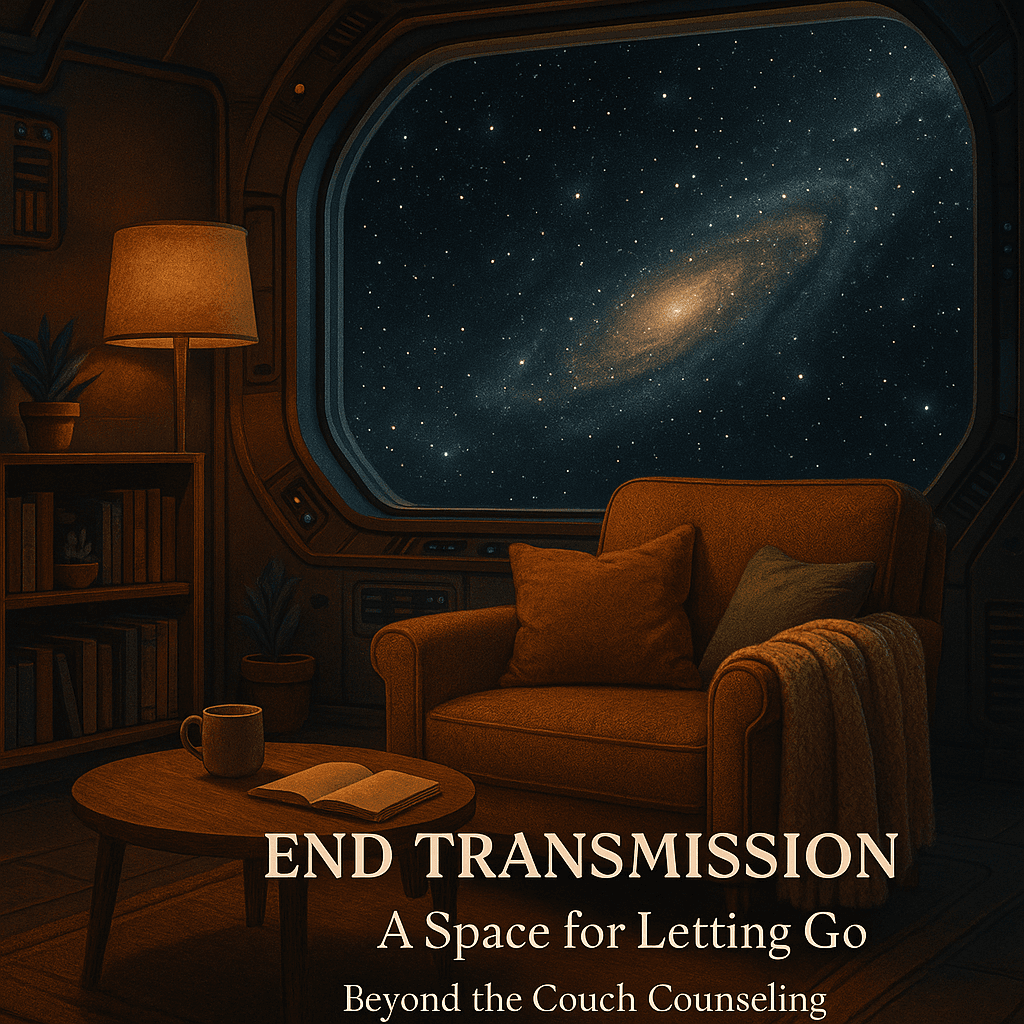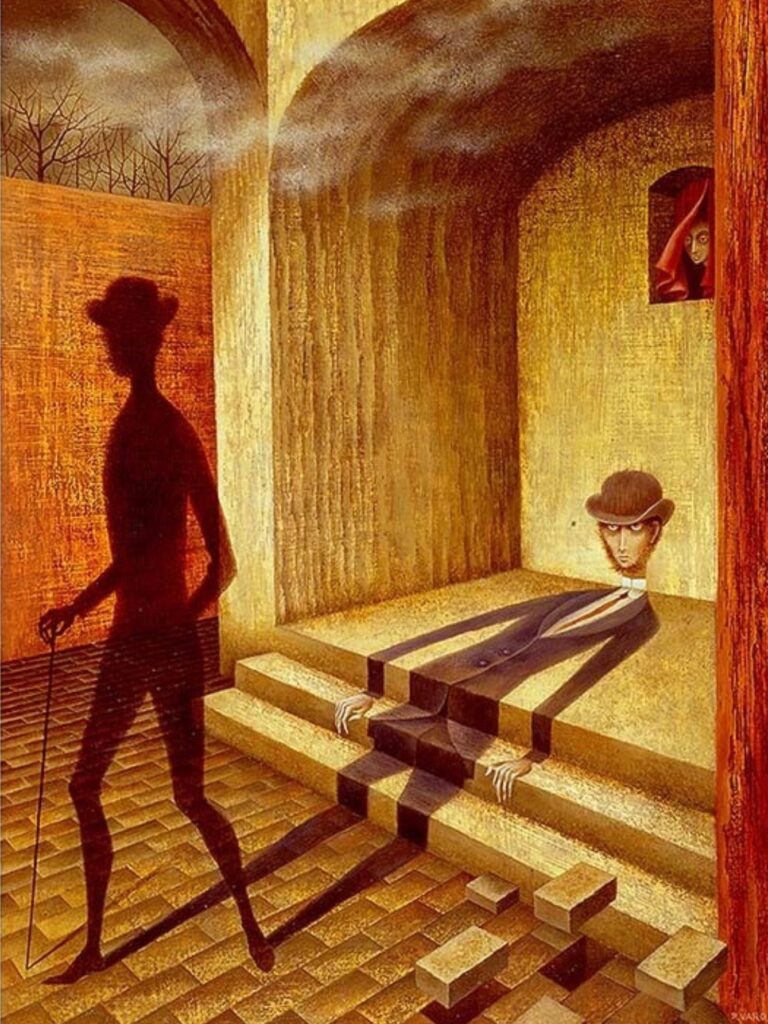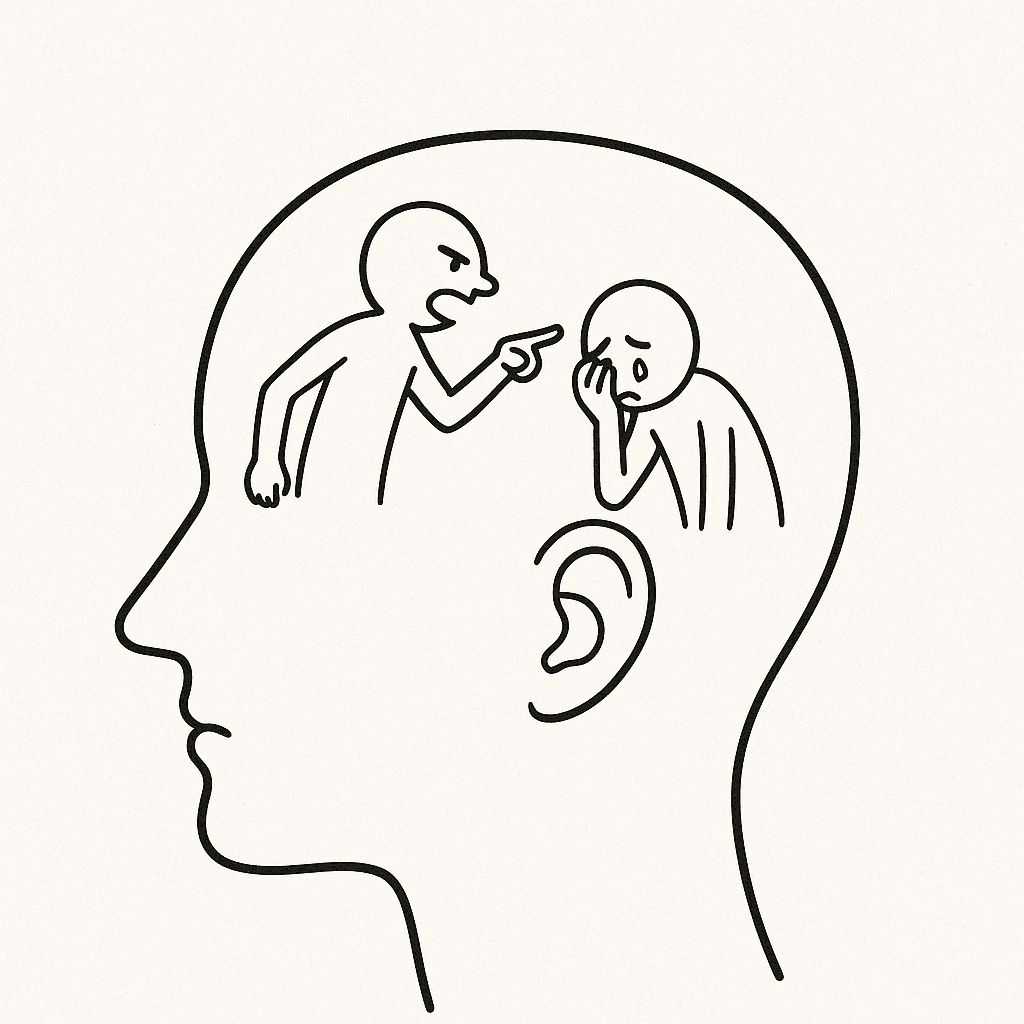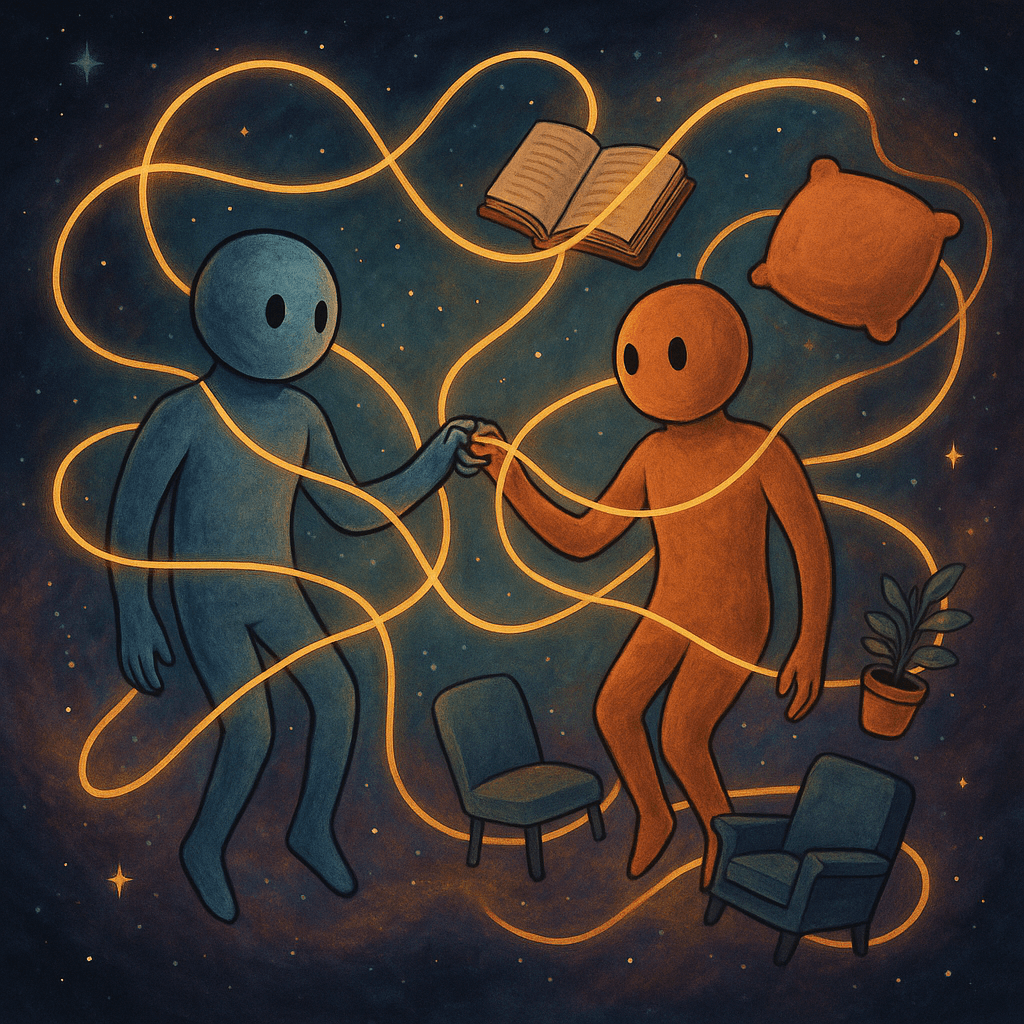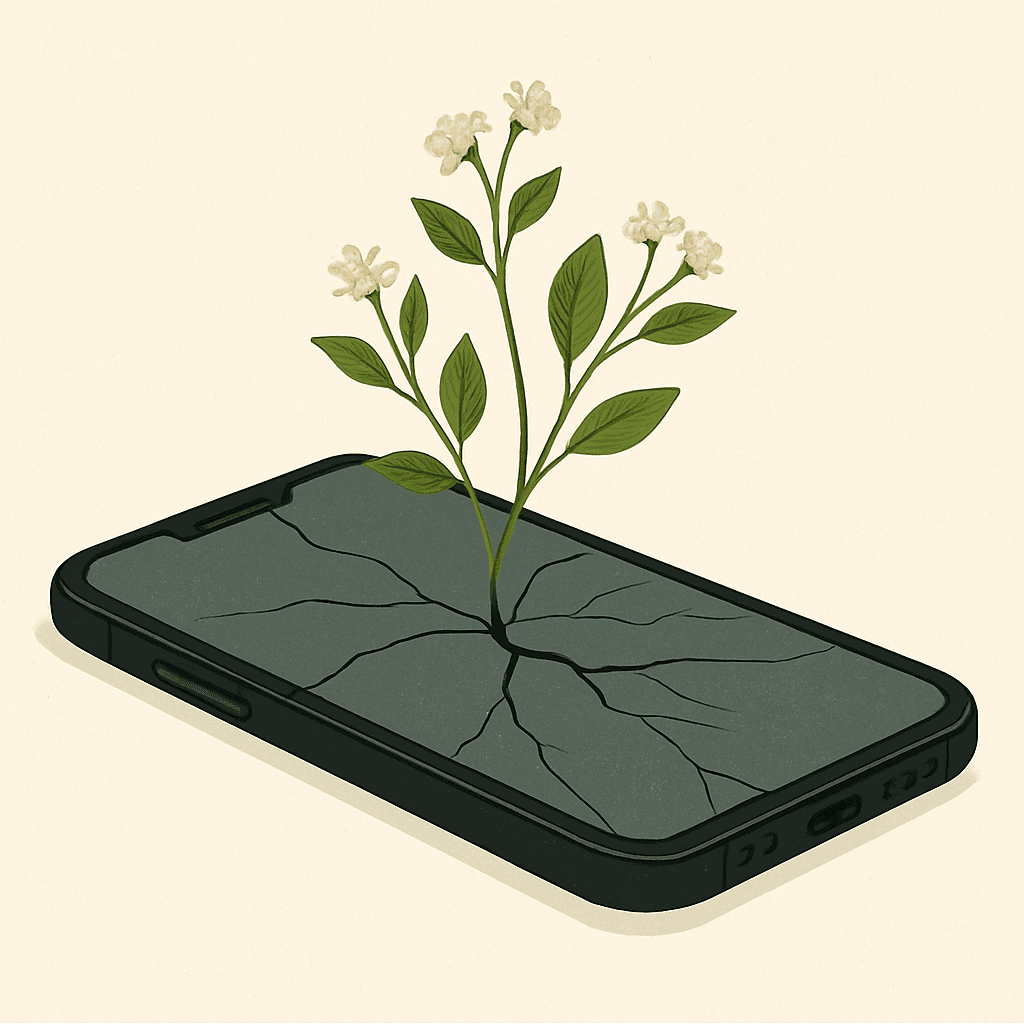How Not to Panic When You Realize the Universe Has No Customer Service Department
Chapter 1: Don’t Panic—But Maybe Scream into the Void a Bit
Congratulations. You’ve been born. Nobody asked, least of all you. One moment, nothingness. The next: diapers, debt, and an aggressive number of scented candles labeled “Serenity.” At some point, you’ll be told to live your life with purpose, buy the correct running shoes, and avoid gluten—but nobody will explain what exactly “life” is for or where to submit your complaints when it feels vaguely off.
Which brings us to you, dear reader, perched somewhere between “Why am I here?” and “Should I order takeout again or finally learn how to cook lentils?”
Welcome to your Existential Guide to Living Life: a (mostly) practical handbook for stumbling through the absurd, baffling, and breathtaking mess of being alive.
Chapter 2: You Are Going to Die. Yes, We’re Starting There.
Let’s not sugarcoat things. You, dear lifeform, are terminal. Don’t worry—so is everyone else. It’s nothing personal; it’s just the biological equivalent of a cosmic mic drop.
Now, most people react to mortality in one of two ways:
-
Denial: “I have a 7-step skin routine, death won’t recognize me.”
-
Existential Anxiety: “If I’m going to die, why am I replying to emails?”
And yet, the knowledge that you’re mortal is not a flaw in the programming—it’s the very feature that makes your existence so absurdly meaningful.
Think about it: if you were infinite, you’d procrastinate forever. You’d never finish a novel, never forgive your father, never say “I love you” with your mouth full of pizza. You’d just delay everything until the stars died out.
So here’s the paradox: You live better when you know you’ll die. Mortality is the deadline that gives life its punctuation. It’s the reason birthdays matter, apologies matter, that long drive to nowhere matters.
This is not a cause for despair.
It’s your permission slip to care deeply and live weirdly.
Chapter 3: Freedom—Terrifying, Isn’t It?
Now that we’ve accepted you’re alive and on a countdown, let’s discuss your next cheerful predicament: freedom.
You, lucky stardust meat-puppet, are horrifyingly free. You can dye your hair blue, join a cult (not recommended), move to Portugal, or write your own eulogy in limerick form. No external cosmic authority is dictating your life decisions—unless you count your HOA board.
With this freedom comes what philosophers delicately refer to as complete psychological panic.
Because freedom means responsibility.
You have to choose: partner, path, pancake topping. And every choice means not choosing a million other things.
So people invent structures to avoid this abyss of decision-making: religion, capitalism, brunch culture. We don’t mind believing in things, even arbitrary things, as long as it means someone else is steering the ship.
But here’s the rub: no matter what you outsource—your beliefs, your identity, your sock subscription—you are still the one choosing.
So embrace it.
Be deliberate.
Be absurdly specific.
Wear yellow because it makes you feel like a sunflower. Quit your job because it kills your soul. Say no to things that feel like slow death and yes to things that feel like laughter with your mouth full of stars.
Chapter 4: Meaning is Not in the Soup Aisle
Ah, meaning. That elusive little devil. Not quite a destination, not quite a mood.
People spend lifetimes searching for it, preferably in places with air conditioning. Others spend thousands of dollars on wellness retreats where a man named Pebble Moon tells them to “just be.” Spoiler: Pebble Moon doesn’t know either.
Here’s the big, weird truth: meaning is not given to you—it’s created by you.
There’s no universal billboard in the sky that says “Your Purpose Is Paint by Numbers While Listening to Indie Folk.”
Meaning is handcrafted in moments. In beautiful loyalty to your dog. In Sunday pancakes. In listening to your friend talk about her terrible boss for the eighth time because she needs you. In starting a community garden. In noticing that today, the sky was particularly beautiful.
Meaning is stitched, not found.
It is what happens when you show up for life, trembling and uncertain, and still say, “Alright, let’s dance.”
Chapter 5: You Are Alone (and Also Not)
Here’s the cosmic prank: you are, fundamentally, alone in your head. Your internal monologue is private. No one else can live your exact experience—not even the people who love you best.
But here’s the heart-ripping, knee-buckling counter-truth:
You are also connected in a way language can’t explain.
We are relational creatures. Our sense of self is shaped, cracked, and soothed in connection. We hunger for touch, eye contact, laughter that snorts. We cry on the subway not just because we’re sad, but because a stranger offered us a napkin.
Every human carries a private universe of fear, memory, and wonder. When you speak truthfully—awkwardly, vulnerably, sometimes with snot—you send a signal flare. And if you’re lucky, someone sends one back.
Loneliness is part of the package.
But so is belonging. And the best way to find it?
Be real first.
You’d be shocked how many people are also pretending to be “fine.”
Chapter 6: Anxiety is a Feature, Not a Bug
Let’s talk about that buzzing feeling in your stomach that makes you refresh your inbox 47 times a day and wonder if you left the stove on, even though you don’t own a stove.
Anxiety.
Modern culture treats anxiety like a malfunction, something to squash with herbal tea and soothing playlists. But really, anxiety is the price of being aware. Of caring. Of being fragile in a world that sometimes hurts.
In fact, your anxiety is often your inner philosopher whispering, “This matters. This moment matters. Don’t sleepwalk through it.”
The trick isn’t to eliminate anxiety.
It’s to learn how to walk with it without letting it hijack your life.
Treat it like a slightly paranoid back seat driver. Don’t let it take the wheel, but let it point out potholes. Say, “Thanks for the alert. Now I’m choosing.”
Chapter 7: Love—The Ultimate Cosmic Prank
Let’s be honest. Love makes no rational sense.
It exposes your soft underbelly. It interrupts your sleep. It makes you do things like bake lemon blueberry muffins or listen to someone talk about cryptocurrency. It’s not “logical.” It’s not “safe.” It’s certainly not refundable.
And yet—it’s the whole damn point.
Not just romantic love (though that’s great when it doesn’t involve joint taxes), but also the kind you feel when you look at a friend across a campfire, or hold your mother’s hand in a hospital room, or watch your dog sleep and weep because you know they won’t live forever (oops personal disclosure).
Love reminds you that connection matters more than ego.
That showing up is braver than pretending not to care.
That the way someone holds space for you during grief is more healing than a thousand affirmations.
Love breaks you open and gives you back to yourself.
Chapter 8: Despair Is a Portal, Not a Destination
At some point, you will despair.
You will sit on the floor in your pajamas and mutter things like “What’s the point?” or “This can’t be all there is.” Your ambition will taste like sawdust. Your hope will feel expired.
This is not the end.
This is the point.
Despair is what happens when your illusions collapse. When the myths you inherited—about success, happiness, how life “should” go—finally fall apart.
It’s the beginning of seeing clearly.
Stay in the despair long enough and something curious happens: you stop performing. You get quieter. You listen more. You begin to ask better questions.
Not “What should I do to feel happy?” but:
“What feels true to me, even if it terrifies me?”
That’s where rebirth happens.
It doesn’t look dramatic. It looks like taking a walk. Throwing out the planner. Calling your sister. Writing a poem no one reads but you.
It looks like becoming yourself, on purpose.
Chapter 9: Awe—Your Cosmic Compass
Want to feel more alive?
Stop scrolling for a second. Seriously, put the phone down. Go look at a tree. A real one. Notice how unnecessary it is. How no one asked that tree to be quite that green. Then go look at the sky. And maybe a worm. And the sound of a cello.
Awe, that sense of wonder-struck smallness, is not a luxury. It’s not something you earn after productivity.
It is a vital nutrient for being human.
Awe recenters you. Reminds you that you’re part of something older, stranger, and much more musical than your to-do list.
Make room for awe, often.
Build shrines to the ordinary.
Let your breath be taken—often and without warning.
Chapter 10: How to Live, Sort Of
In summary, there is no summary.
You are here.
There is no blueprint, no universal script, no metaphysical customer support line.
There is only this moment and your bizarre, aching, luminous heart.
So what should you do?
-
Be confused, but curious.
-
Love like you’ll lose everything.
-
Forgive slowly, then all at once.
-
Cry in the grocery store if needed.
-
Laugh often and especially at yourself.
-
Leave things better than you found them.
-
Say “I don’t know” like a prayer.
-
Make meaning like your life depends on it.
-
Show up—imperfectly, awkwardly, soulfully.
And when in doubt, be kind. To others. And maybe, miraculously, to yourself.
END TRANSMISSION.
Want Help Navigating All This Beautiful Nonsense?
If this made your existential circuits spark a little—or if you’re somewhere between burnout, heartbreak, and wondering what your soul actually wants—you’re not alone.
At Beyond the Couch Counseling, we specialize in walking beside humans as they reckon with life, death, love, and existential WTF moments. We’re located in Grand Rapids, Michigan, and we help folks explore meaning, anxiety, identity, and all the big cosmic questions—one real conversation at a time.
You’re not here to just survive.
You’re here to live.
Schedule a session or explore more at Beyond the Couch Counseling, or email us directly at admin@beyondthecouchcounseling.com. The universe is chaotic. Therapy helps.

